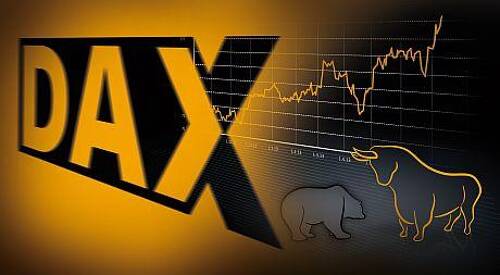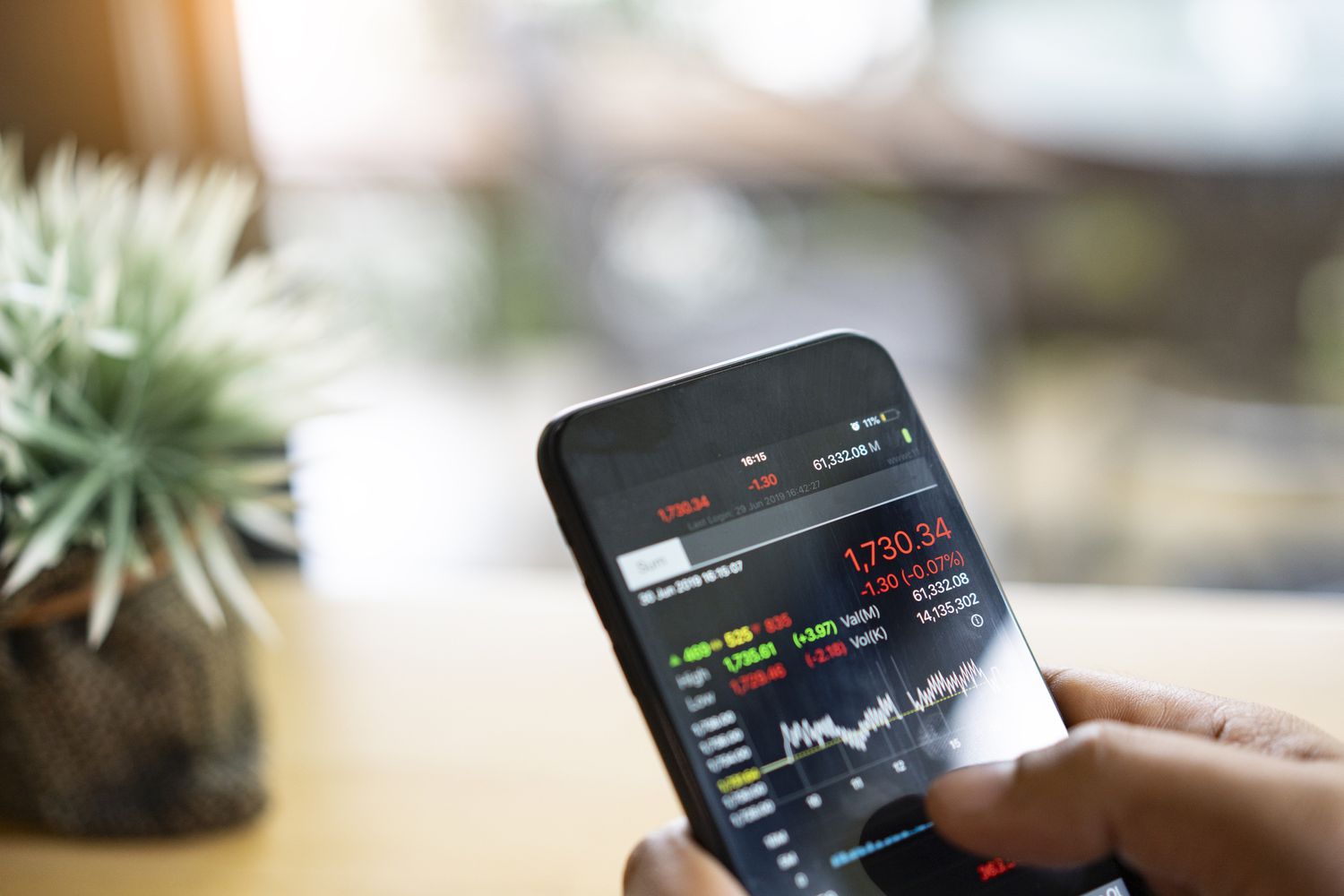In the world of finance, stock market indices play a crucial role in tracking the performance of various financial markets and providing valuable insights to investors and analysts. These indices are designed to measure the overall performance of a specific group of stocks or assets, representing the health and trends of the respective market they represent. The composition and calculation of each index vary based on the underlying assets and the methodology used, making them unique and valuable tools for investors.
In this comprehensive guide, we will delve into some of the top indices in financial markets, exploring their significance, composition, and impact on investors and the broader economy. We will cover indices from major stock exchanges, as well as those tracking other asset classes such as bonds and commodities. Let's embark on this journey to discover the world of top indices in financial markets.
Unlock the potential for profitable trades with our Forex Signal Leaks, revealing valuable insights and market trends for smarter decision-making in the world of foreign exchange.
S&P 500 Index
The Standard & Poor's 500, commonly known as the S&P 500, is one of the most widely followed equity indices in the world. It comprises 500 large-cap U.S. companies listed on the New York Stock Exchange (NYSE) or the Nasdaq Stock Market, selected based on market capitalization, liquidity, and other criteria. The S&P 500 is a market-capitalization-weighted index, meaning that companies with higher market capitalizations have a greater impact on the index's performance.
The S&P 500 is often considered a benchmark for the U.S. stock market and reflects the overall health of the economy. Investors and financial professionals use the index as a gauge for market trends and to make informed decisions about their portfolios.
Dow Jones Industrial Average (DJIA)
The Dow Jones Industrial Average, often referred to as the Dow Jones or simply the Dow, is one of the oldest and most iconic stock market indices in the world. Created by Charles Dow in 1896, the index originally consisted of 12 industrial companies. Today, it includes 30 large and well-established publicly-traded companies from various industries.
Unlike the S&P 500, the Dow Jones is a price-weighted index, where each component's influence is proportional to its stock price. The index's performance is calculated by adding up the stock prices of all 30 companies and dividing the sum by a divisor adjusted to account for corporate actions, such as stock splits and dividend payments.
While the Dow Jones is not as diverse as the S&P 500, it remains an essential indicator of the overall market sentiment and economic conditions in the United States.
Nasdaq Composite Index
The Nasdaq Composite Index tracks the performance of all common stocks and similar securities listed on the Nasdaq Stock Market. It includes technology companies, biotechnology firms, and various other growth-oriented companies. As such, the Nasdaq Composite is often associated with the technology sector and is considered a barometer for the performance of tech-heavy stocks.
The index is market-capitalization-weighted, with larger companies having a more significant impact on its movements. Given its focus on innovative and high-growth companies, the Nasdaq Composite is closely followed by investors seeking exposure to the tech industry and companies at the forefront of technological advancements.
FTSE 100 Index
The Financial Times Stock Exchange 100, commonly known as the FTSE 100, is the leading stock index in the United Kingdom. It comprises the 100 largest companies listed on the London Stock Exchange based on market capitalization. The FTSE 100 is a capitalization-weighted index, and its constituents represent a wide range of sectors, including finance, energy, pharmaceuticals, and consumer goods.
As the primary benchmark for the UK equity market, the FTSE 100 reflects the performance of the nation's leading companies. It is widely monitored by investors and analysts globally as an indicator of the UK's economic health and investor sentiment.
Nikkei 225 Index
The Nikkei 225 is Japan's premier stock market index, representing the 225 largest and most actively traded companies on the Tokyo Stock Exchange. Created in 1950, the index is price-weighted, and its components cover various sectors, including technology, automotive, and finance.
The Nikkei 225 is a vital gauge of the Japanese stock market and reflects investor confidence in the nation's economic performance. Investors worldwide keep a close eye on the index to assess Japan's economic trends and its impact on global markets.

DAX Index
The DAX (Deutscher Aktienindex) is the leading stock market index in Germany and represents the 30 largest and most actively traded companies listed on the Frankfurt Stock Exchange. The DAX is a total return index, which means that it includes both stock price changes and dividend reinvestments.
As the benchmark for the German equity market, the DAX reflects the performance of companies in Germany, which is the largest economy in Europe. Investors use the index to gain insights into the health of the German economy and its impact on European and global markets.
CAC 40 Index
The CAC 40 is the primary stock market index in France and consists of the 40 most significant companies listed on Euronext Paris, selected based on market capitalization and liquidity. The index is capitalization-weighted and covers various sectors, including banking, aerospace, and luxury goods.
As a key indicator of the French stock market, the CAC 40 reflects the performance of major French companies and provides insights into the country's economic conditions.
Hang Seng Index
The Hang Seng Index is the leading stock market index in Hong Kong, tracking the performance of the 50 largest and most liquid companies listed on the Hong Kong Stock Exchange. The index is market-capitalization-weighted and covers various sectors, including financials, technology, and real estate.
The Hang Seng Index is an essential indicator of Hong Kong's financial markets and economic performance, influencing investor sentiment in the Asia-Pacific region.
Russell 2000 Index
The Russell 2000 is a benchmark for small-cap stocks in the United States, comprising the 2,000 smallest companies in the Russell 3000 Index. It represents a diverse group of companies across various sectors and is widely used to measure the performance of smaller public companies.
As small-cap stocks are often associated with higher growth potential and risk, the Russell 2000 is used by investors to gauge the health of the broader U.S. economy and identify trends in smaller businesses.
Bloomberg Barclays Global Aggregate Bond Index
Moving beyond equity indices, the Bloomberg Barclays Global Aggregate Bond Index tracks the performance of global investment-grade fixed-income securities, including government, corporate, and securitized bonds. It covers both developed and emerging markets and is widely regarded as a benchmark for the global bond market.

The index's diverse composition provides insights into interest rates, credit conditions, and overall economic health worldwide. Fixed-income investors rely on the Global Aggregate Bond Index to analyze and manage their bond portfolios.
Conclusion
Top indices in financial markets serve as vital tools for investors, enabling them to gauge the overall performance of specific markets and make informed investment decisions. From equity indices like the S&P 500 and Nasdaq Composite, reflecting the stock market's health, to bond indices like the Bloomberg Barclays Global Aggregate Bond Index, offering insights into the fixed-income market, each index provides unique perspectives on the global economy.
Understanding these indices and their significance can help investors navigate the complexities of financial markets, allocate their assets effectively, and stay informed about prevailing trends. As these indices evolve over time, they will continue to play a critical role in shaping investment strategies and guiding financial decisions worldwide.


















Comments